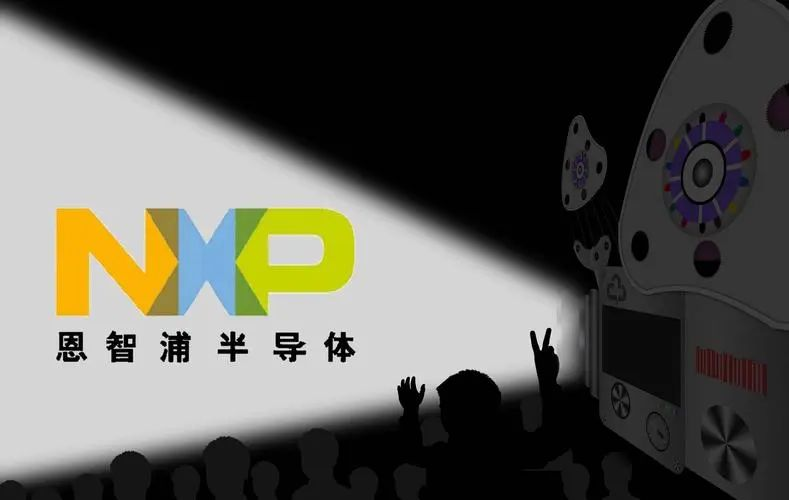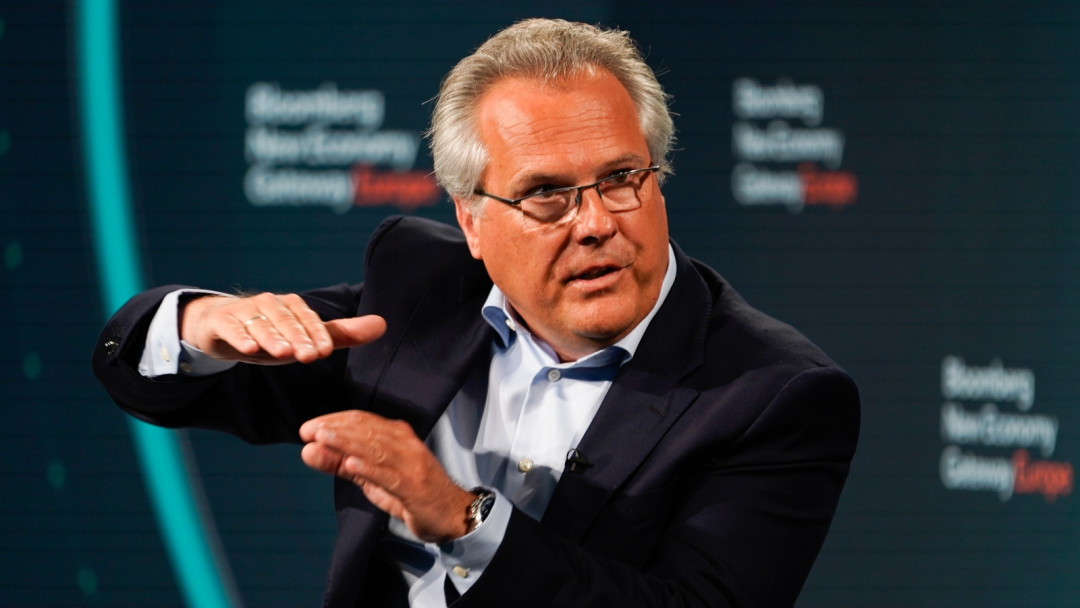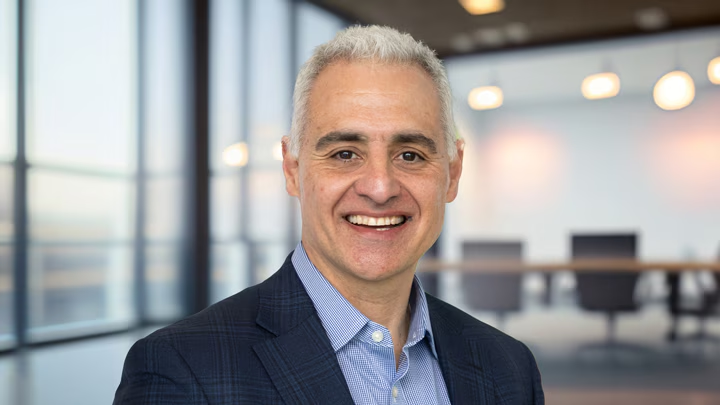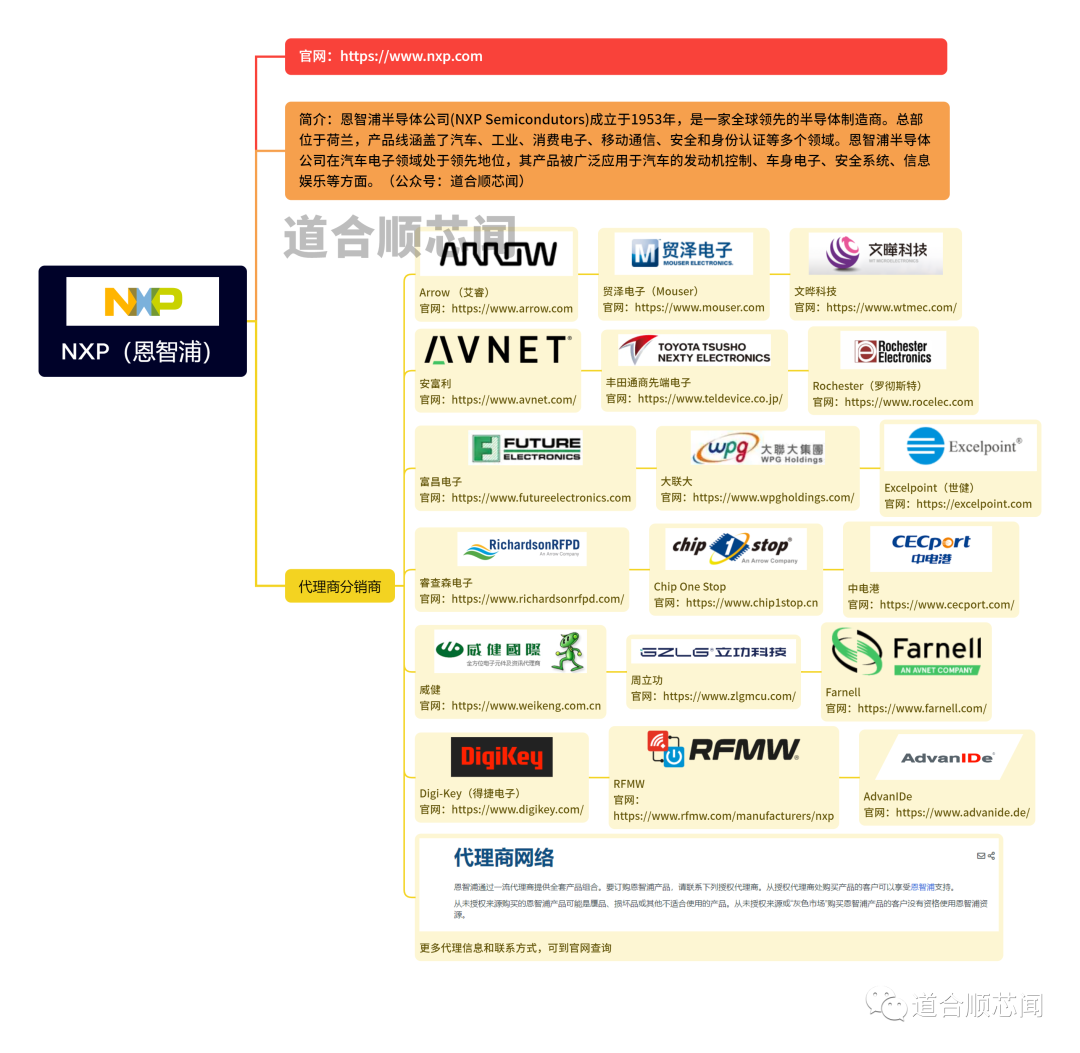
 Let’s start with a shocking statement!NXP warns: due to tariffs, the company is currently in a “very uncertain environment“.
Let’s start with a shocking statement!NXP warns: due to tariffs, the company is currently in a “very uncertain environment“. From last night’s financial report, it is clear that this Dutch semiconductor giant is indeed facing significant uncertainty, with a sharp decline in revenue and net profit in the first quarter, while CEO Kurt Sievers also announced his upcoming retirement. Following this news, NXP’s stock price plummeted.According to NXP’s financial report, in the first quarter of 2025, NXP’s revenue was $2.835 billion (approximately 20.66 billion RMB), a 9% decrease compared to the first quarter of last year.In terms of net profit, NXP’s net profit for the first quarter was $490 million, a 23% drop compared to the same period last year.Chip manufacturers in Europe and the United States have traditionally been known for their high gross margins, with NXP’s gross margin in the first quarter at56.1%, down from57.5% in the fourth quarter of 2024 and 58.2% in the first quarter of 2024. Truly enviable gross margins.In specific business areas, NXP’s revenue from automotive chips decreased by 7% year-on-year (6% quarter-on-quarter) to $1.674 billion, industrial and IoT chip revenue decreased by 11% year-on-year (2% quarter-on-quarter) to $508 million, mobile chip revenue decreased by 3% year-on-year (15% quarter-on-quarter) to $338 million, and communication infrastructure and other product revenue decreased by 21% year-on-year (23% quarter-on-quarter) to $315 million.
From last night’s financial report, it is clear that this Dutch semiconductor giant is indeed facing significant uncertainty, with a sharp decline in revenue and net profit in the first quarter, while CEO Kurt Sievers also announced his upcoming retirement. Following this news, NXP’s stock price plummeted.According to NXP’s financial report, in the first quarter of 2025, NXP’s revenue was $2.835 billion (approximately 20.66 billion RMB), a 9% decrease compared to the first quarter of last year.In terms of net profit, NXP’s net profit for the first quarter was $490 million, a 23% drop compared to the same period last year.Chip manufacturers in Europe and the United States have traditionally been known for their high gross margins, with NXP’s gross margin in the first quarter at56.1%, down from57.5% in the fourth quarter of 2024 and 58.2% in the first quarter of 2024. Truly enviable gross margins.In specific business areas, NXP’s revenue from automotive chips decreased by 7% year-on-year (6% quarter-on-quarter) to $1.674 billion, industrial and IoT chip revenue decreased by 11% year-on-year (2% quarter-on-quarter) to $508 million, mobile chip revenue decreased by 3% year-on-year (15% quarter-on-quarter) to $338 million, and communication infrastructure and other product revenue decreased by 21% year-on-year (23% quarter-on-quarter) to $315 million.
Over the past two years, NXP and its peers have been facing a downturn in demand for industrial and automotive chips. Customers are still consuming semiconductor inventories accumulated after the COVID-19 pandemic. Although the industry has shown signs of recovery, recent tariffs may still bring further turmoil to the sector.
The company stated that it holds a “cautiously optimistic” attitude towards continuing to navigate the challenging market.CEO Kurt Sievers stated: “Our operating environment is very uncertain, and the direct and indirect impacts of tariffs are unstable.”
However, at this critical moment, CEO Kurt Sievers, who has served at NXP for 30 years, announced his retirement. In response, NXP emphasized that Sievers’ departure is purely a personal decision and is unrelated to any disagreements with the board or any issues related to the company’s strategy or financial performance. Sievers joined NXP in 1995 and has held numerous leadership positions in marketing and sales, product definition and development, strategy, and overall management across various market sectors. He has been a member of the executive management team since 2009, participating in defining and implementing NXP’s high-performance mixed-signal strategy. In 2015, Sievers played a key role in the merger between NXP and Freescale Semiconductor, making NXP one of the leading semiconductor companies and a recognized leader in the automotive semiconductor industry.Sievers has served as NXP’s president since September 2018, directly overseeing all of NXP’s business lines.On March 10, 2020, 50-year-old Kurt Sievers officially took on the role of NXP’s president and CEO.As for his successor, NXP has appointed Rafael Sotomayor as the new CEO.
Sievers joined NXP in 1995 and has held numerous leadership positions in marketing and sales, product definition and development, strategy, and overall management across various market sectors. He has been a member of the executive management team since 2009, participating in defining and implementing NXP’s high-performance mixed-signal strategy. In 2015, Sievers played a key role in the merger between NXP and Freescale Semiconductor, making NXP one of the leading semiconductor companies and a recognized leader in the automotive semiconductor industry.Sievers has served as NXP’s president since September 2018, directly overseeing all of NXP’s business lines.On March 10, 2020, 50-year-old Kurt Sievers officially took on the role of NXP’s president and CEO.As for his successor, NXP has appointed Rafael Sotomayor as the new CEO. Sotomayor joined NXP in October 2014 as senior vice president and general manager, responsible for its connectivity and security products. Prior to joining NXP, he worked for 11 years at competitor Broadcom, holding several senior marketing positions.Before that, he worked at Motorola and Intel.NXP (NXP Semiconductors) OverviewIntroduction:NXP Semiconductors, founded in 1953, is a global leader in semiconductor manufacturing. Headquartered in the Netherlands, its product lines cover various fields including automotive, industrial, consumer electronics, mobile communications, security, and identity authentication. NXP Semiconductors is a leader in automotive electronics, with its products widely used in engine control, body electronics, safety systems, and infotainment in vehicles.
Sotomayor joined NXP in October 2014 as senior vice president and general manager, responsible for its connectivity and security products. Prior to joining NXP, he worked for 11 years at competitor Broadcom, holding several senior marketing positions.Before that, he worked at Motorola and Intel.NXP (NXP Semiconductors) OverviewIntroduction:NXP Semiconductors, founded in 1953, is a global leader in semiconductor manufacturing. Headquartered in the Netherlands, its product lines cover various fields including automotive, industrial, consumer electronics, mobile communications, security, and identity authentication. NXP Semiconductors is a leader in automotive electronics, with its products widely used in engine control, body electronics, safety systems, and infotainment in vehicles.
